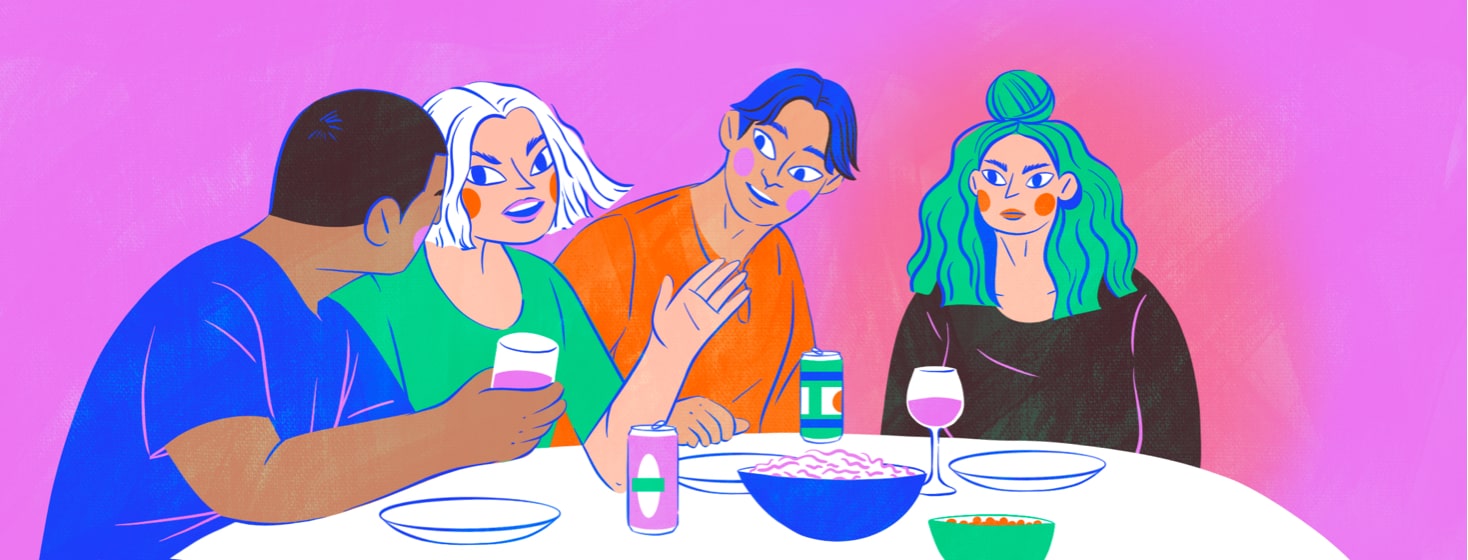I Was Okay Yesterday, But Today I'm Not
It's storytime. Are you ready?
I’m out to dinner with some people — friends of a friend — who are casually talking about a work colleague.
The colleague clearly has some sort of chronic pain condition, but my friend’s friends don’t specify what it is or if they even know he has one. In short, they seem clueless at best.
They talk about this person’s "sudden" requests for accessibility aids and an assistant to help them with their more physical tasks. It seems to confuse this group people of people as to why this colleague would need assistive devices, since he "usually seems fine" and "doesn't seem to have an injury."
The first person says, nonchalantly, "Well, he was perfectly fine and walking around the other week, so I don’t understand why he needs assistance all of a sudden,” one of them retorts.
“Right,” another agreed. “It's not like he got into a car crash or whatever. Obviously, I’m sure he’s not lying about it, but it does seem like he’s trying to milk people for help.”
Now, dear reader, I did find this pretty intolerable
Although sometimes I’m in the mood to educate the ignorant, sometimes I’m just, well, not. On this day it was about 90° out and I was exhausted. My brain fog was through the roof and I had no f*cks left to give. So I simply nodded while inwardly grimacing.
This was a few weeks ago, but clearly, I have internalized the dialogue. I’ve been going over and over about it in my mind. I should’ve said something. I should’ve educated them or stuck up for the guy.
Instead, I said nothing and ableism won yet another battle.
Able-bodied people have no idea what it's like
The reality is this: People who live without a disability have no idea what it’s like to live with a body that doesn’t perform to the standards of an able-bodied society. They don't have to think about it or its nuances or what it might look like to the outside world. Instead, they get to judge and question us from within their privilege.
For the disabled, and especially the dynamically disabled, your limitations may ebb and flow. On Tuesday you might be able to walk and move. By Thursday, you might need an assistive device to help you move or work.
If you have arthritis, your hands might suddenly hurt. Or you might not be able to bend down. Or you might not be able to get into your car. If you have chronic inflammation, your mind, and your body or at the whim of what’s going on inside. I know it firsthand, and I know that many of you do too.
For anyone reading this, you have to understand that a chronic illness is just that: Chronic. There are going to be okay days and they are going to be bad days. For many outsiders, this can be confusing. The thing is, it doesn’t have to be. All you have to do is believe us. Some days we need help and some days we don’t. It’s literally just that simple.
You don’t even have to have a dinner conversation about it.

Join the conversation